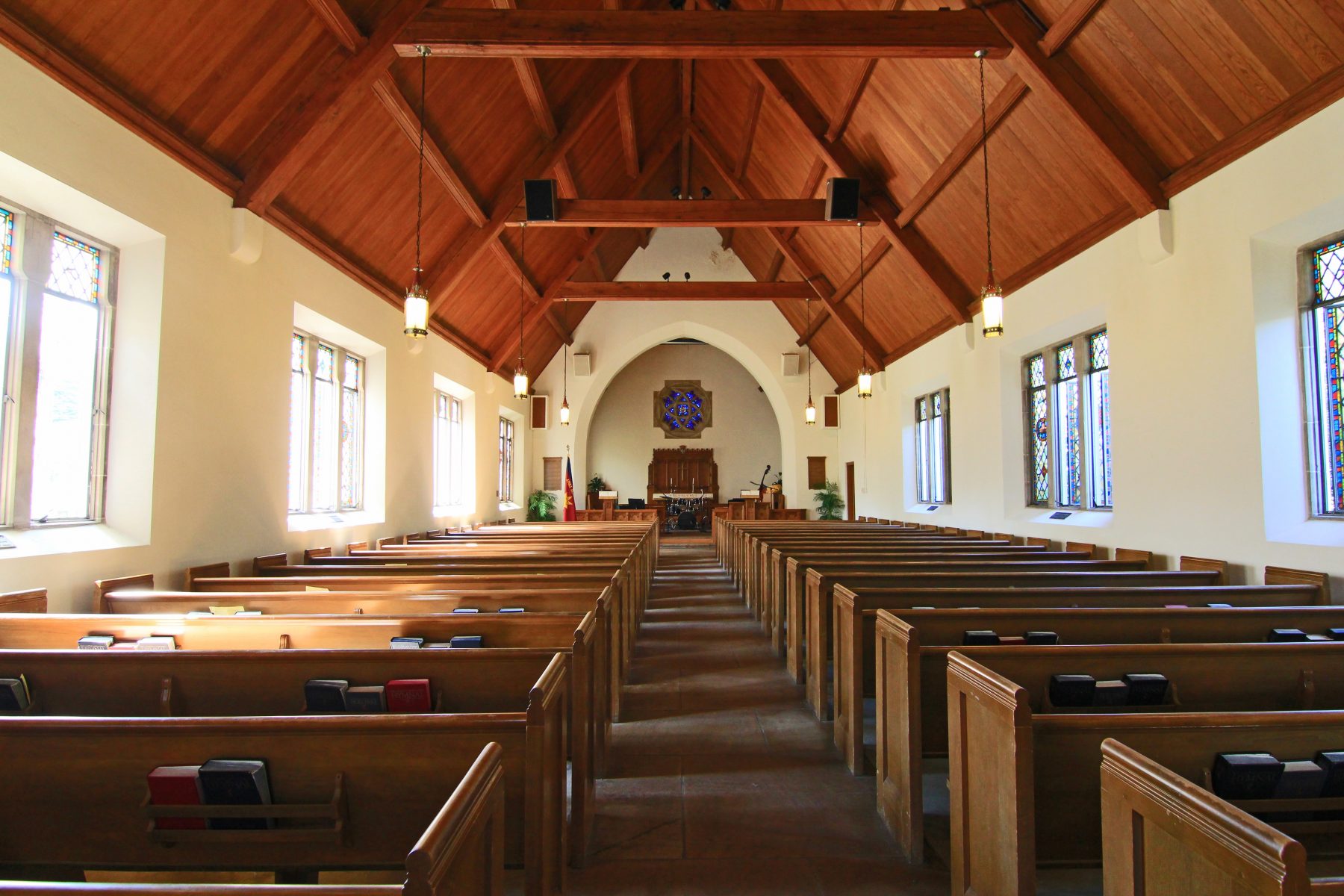Attentiveness: Repent and Restart, Part I

Dr. Scott W. Sunquist
President & Professor of Missiology
All of higher education is in an upheaval at this time. All college and seminary presidents are asking questions like:
“How are we going to make it financially?”
“How can we do education without gathering together?”
“What will the new ‘normal’ look like next year?”
Some of us are asking a different type of question. We are asking the questions from 30,000 feet rather than from the ground. Shame on us if we don’t take this time to ask the more basic questions of purpose and results. What is the purpose of higher education for the individual and society? Are we making better citizens for a democratic society? These are the questions of college and university presidents. For seminaries we need to ask, or at least I am asking:
“Where have we failed?”
“Why is Christianity in decline in North America?”
“Are we forming strong, kind, and courageous leaders for the Church?”
These questions, not balancing our budget keep me awake at night.
Honestly, seminaries have failed to even preserve or conserve Christian communities in North America. Christianity continues to decline even as we have hundreds of seminaries of an infinite variety. Question: What must we do dramatically differently to prepare leaders who can lead congregations to resist the powerful cultural currents that have eroded Christian existence in the West?
And lest we give in to Evangelical smugness and (holy) pride, Evangelicalism has fared similar to the failure of the aggregate of Christians in North America.
The statistics are condemning of the work of seminaries, especially Evangelical seminaries. About 8% of Americans under the age of 30 are Evangelical. Of those Americans in their 60s, 25% are Evangelical. That is a remarkable loss in a little over one generation. I picture the Church in North America as a man on the shore holding people like dry sand that is just slowly, no, rapidly sifting through his fingers. Our leaders are not able to even keep Christian families in the church.
Here is another way of looking at Christian decline in the United States. Whereas my generation is about 9% irreligious (“none”). The i-Gen group is about 35% none. Again, in less than two generations this is a remarkable loss. And, this great loss occurred while Evangelicalism’s institutions (publishers, periodicals, mission agencies and even seminaries) were growing and having greater and greater influence. This happened during the age of Fuller Theological Seminary, Christianity Today, Billy Graham and even, yes, Gordon-Conwell.
During our present time of pandemic, with strange and new patterns of life that have included more time to reflect and pray, I have come to some conclusions. Next week I will suggest what we forgot and what needs to be done. I think it will change the way we “do seminary” in the future. We have no choice.
In the meantime, I do think we need to repent of our confidence that we know what should be done and prepare to restart theological education.
SWS
 Scott W. Sunquist, the new President of Gordon-Conwell Theological Seminary, writes a weekly blog, “Attentiveness” which is posted each Monday morning on the Gordon-Conwell web site. He welcomes comments, responses and good ideas.
Scott W. Sunquist, the new President of Gordon-Conwell Theological Seminary, writes a weekly blog, “Attentiveness” which is posted each Monday morning on the Gordon-Conwell web site. He welcomes comments, responses and good ideas.